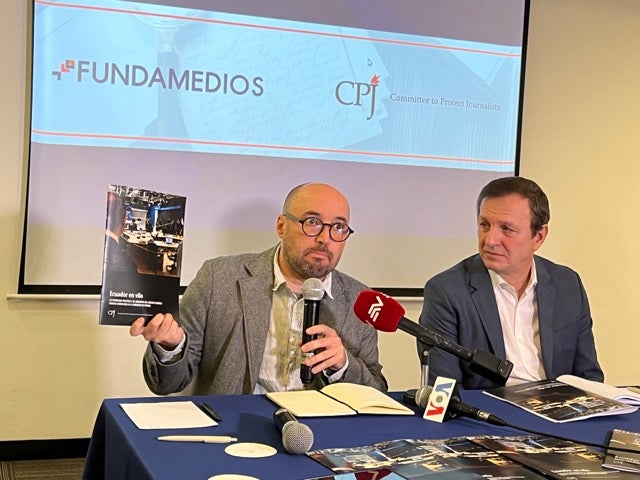
On June 28, the Committee to Protect Journalists presented its report "Ecuador on edge: Political paralysis and spiking crime pose new threats to press freedom," which describes the current crisis facing journalism in the country.
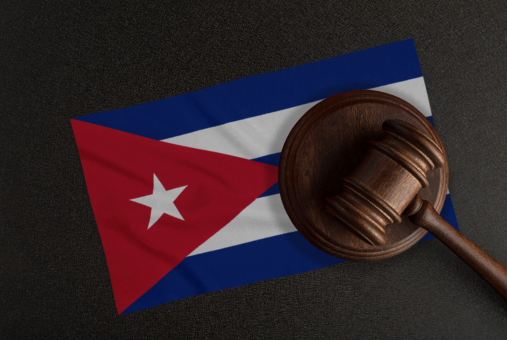
The Cuban regime signed into law a bill that seeks to regulate the media ecosystem on the island and to continue restricting freedom of expression of independent news outlets. LatAm Journalism Review (LJR) summarizes the four most important points regarding the approval of this new social communication law.
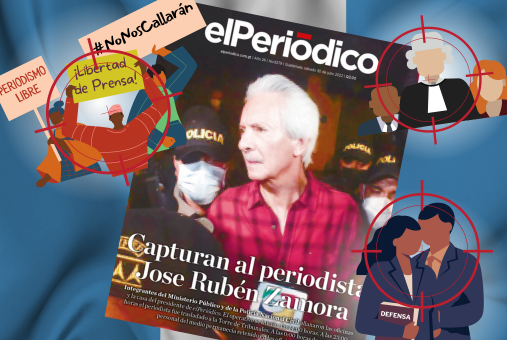
In view of the six-year prison sentence against journalist José Rubén Zamora for the alleged crime of money laundering, international and national organizations voiced their concern for the general situation of journalists in Guatemala, the weakening of its democracy, and for Zamora himself, who has at least two other open court cases against him.
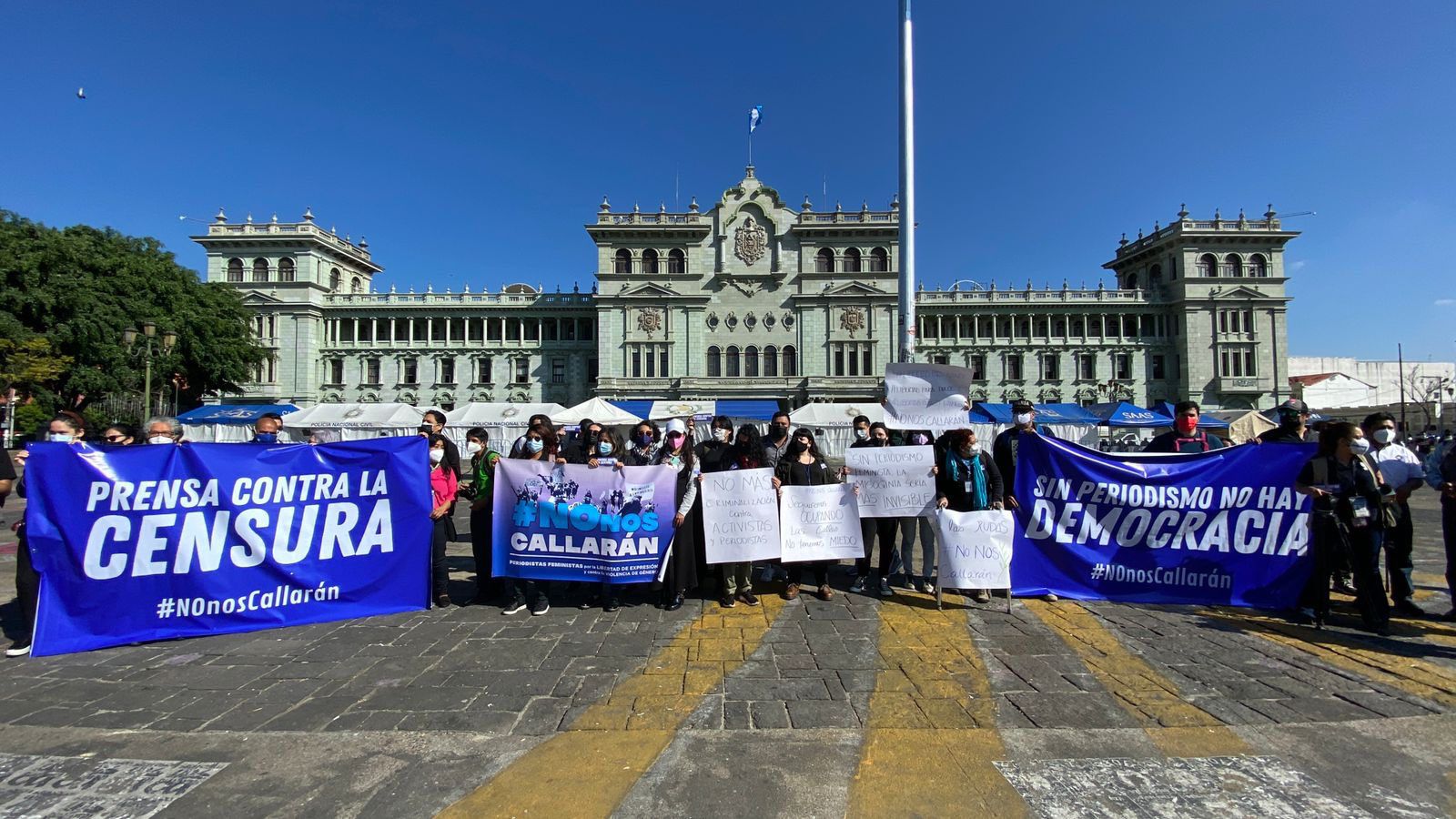
After the arrest of José Rúben Zamora and the closure of elPeriódico — the newspaper he founded and ran —, several news outlets are defying government pressure and working together on investigations and fact-checking in Guatemala. Four journalists tell us how they continue to defend independent journalism in the country.
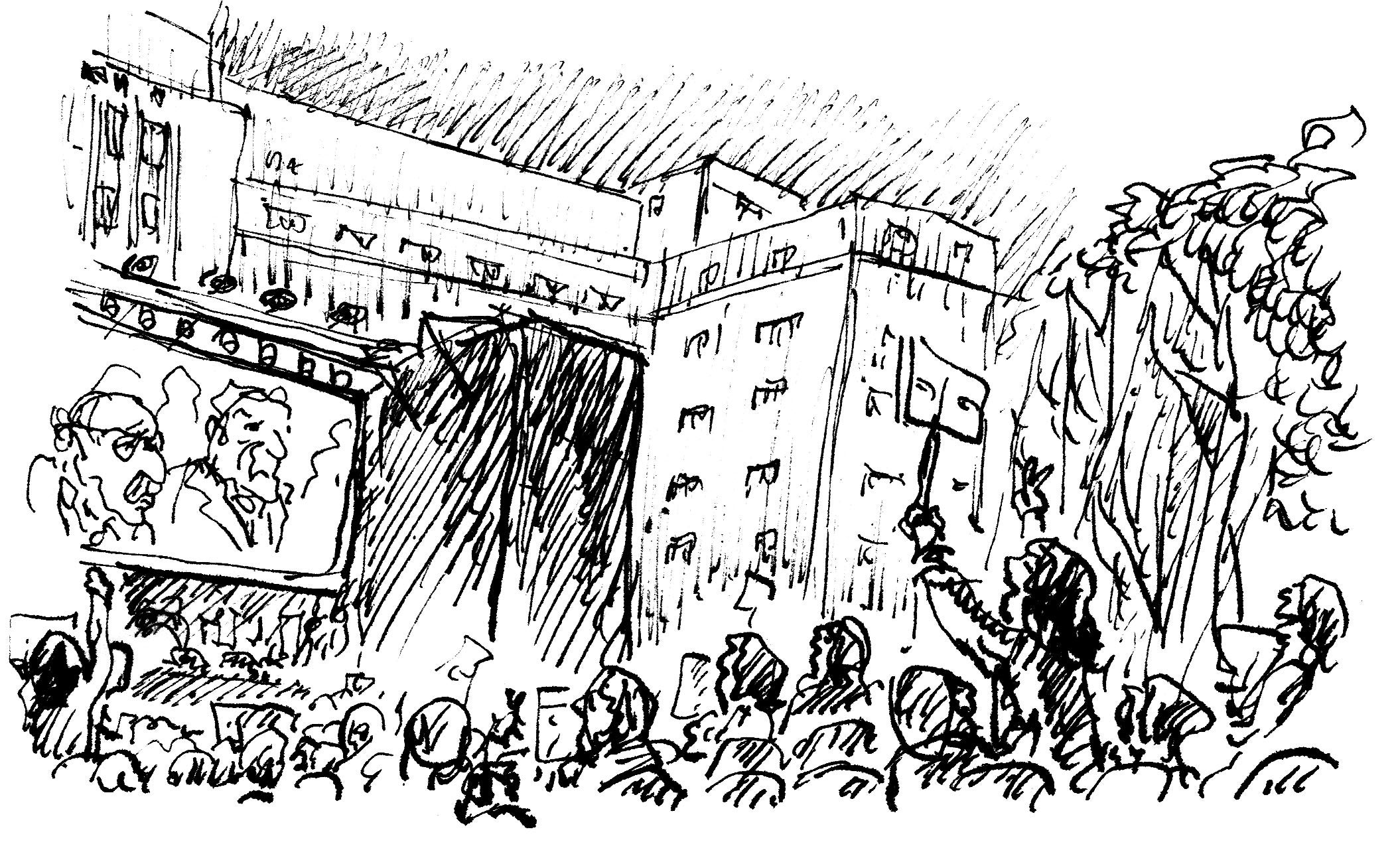
Several decades have passed since the last dictatorial regimes were established in the Southern Cone of Latin America. Human rights defenders and a journalist talk about the challenges of reporting on the recent past, and why it is important to continue doing so.
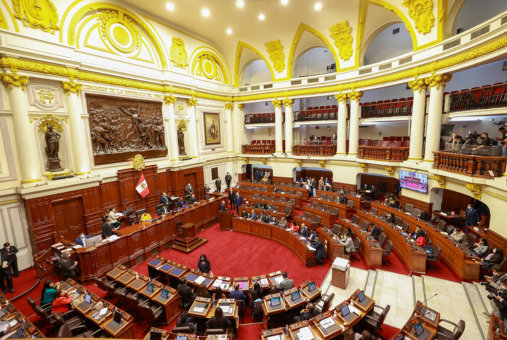
Peru's parliamentarians launched various attacks to restrict press freedom, and journalist associations are resisting as best they can. A controversial bill may fail in Congress, but other threatening initiatives remain under discussion, reflecting deteriorating democratic conditions in the country.
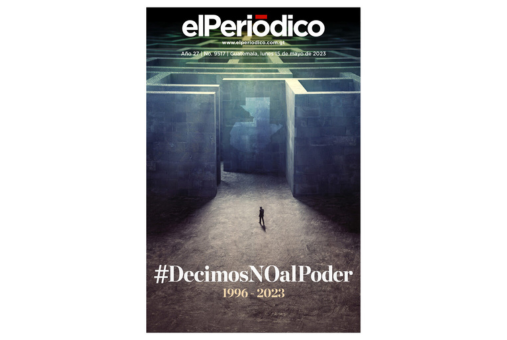
After almost 27 years of life, Guatemalan newspaper elPeriódico announced its closure amid complaints of persecution by the government. Its president and founder has served almost 10 months in prison after being arrested on heavily criticized charges.
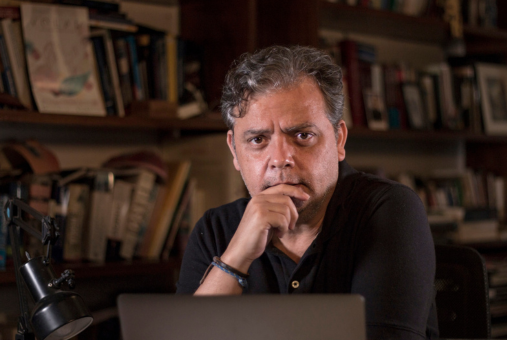
El Salvador's most acclaimed newspaper relocated its administrative and legal departments to Costa Rica, due to harassment and government surveillance. However, its journalists remain in the country. Co-founder Carlos Dada told LJR how the move allows them to continue doing their investigative work, while expressing concerns over authoritarianism and potential criminalization of journalists.
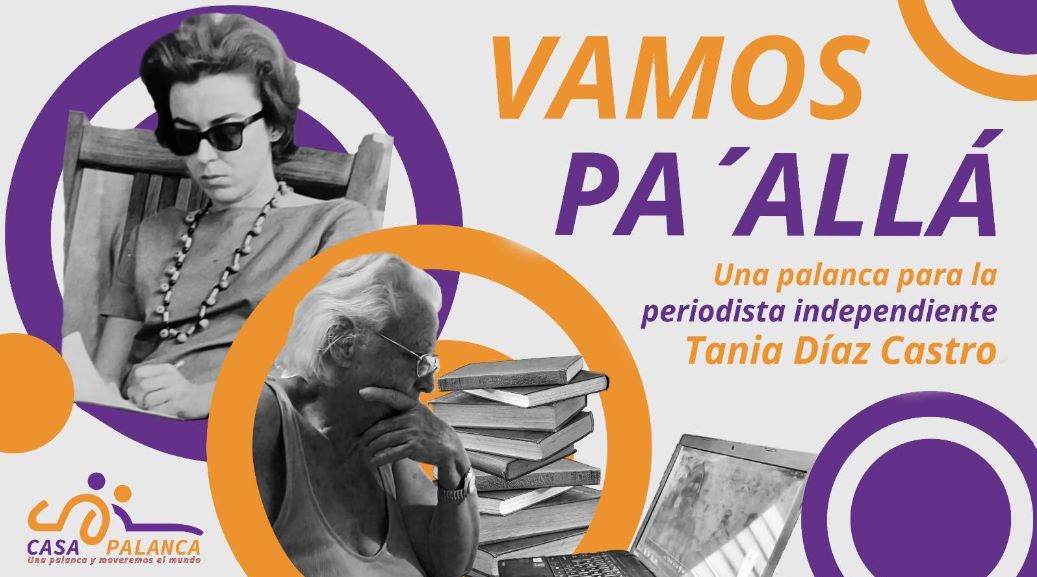
Cuban independent journalist Tania Díaz Castro dedicated 60 years to her profession, was a political prisoner, and published four books of poetry. Now 84 years old, she lives alone in Cuba without a pension or retirement. The Casa Palanca collective is carrying out a crowdsourcing campaign to obtain a dignified retirement for the journalist.
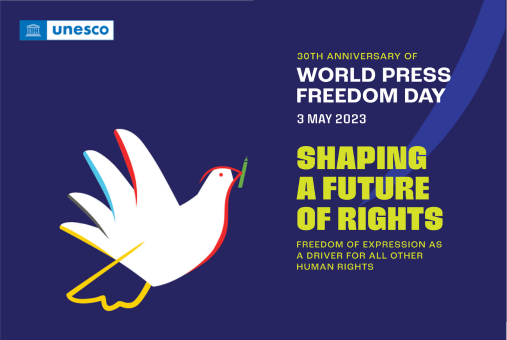
This 2023 marks 30 years since the UN General Assembly proclaimed May 3 as World Press Freedom Day. The main commemoration event will take place in New York, but events will also be held in Latin American countries. The date is an invitation for media professionals to reflect on press freedom and professional ethics.
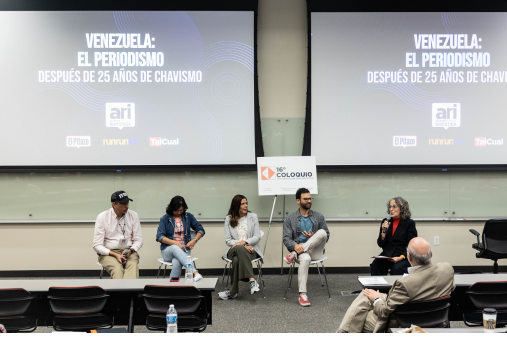
In a panel at UT Austin, four Venezuelan journalists recounted their experiences of persecution and survival during two and a half decades in a country that is no longer a democracy, where print newspapers are lacking and the official media have become hegemonic.
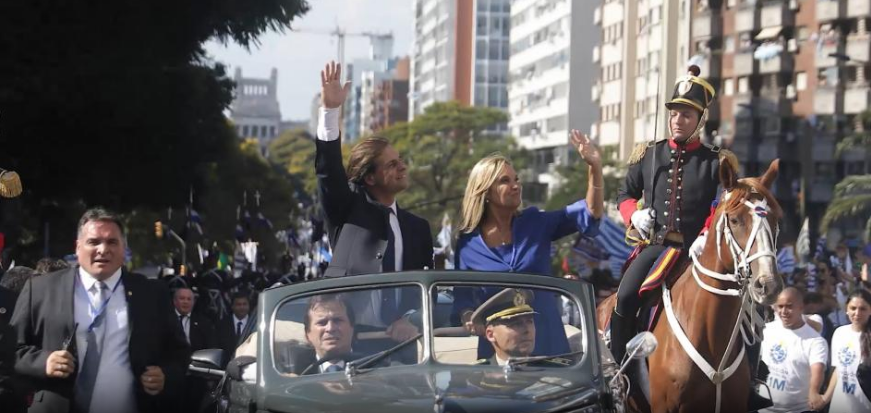
Alejandro Astesiano was chief of security of the current President of Uruguay, Luis Lacalle Pou, until he was arrested by the Police for leading an organization that falsified documents to obtain passports for Russian citizens. Very quickly, the Uruguayan press obtained the investigative folder of the case which contained more than a thousand Whatsapp chats by the accused.